Travel Vaccines too Expensive? Get them in Bangkok
SEPTEMBER 14, 2017
When my wife and I first decided we were going to travel around the globe, we began planning our route… through 16 countries, 4 continents, and across both hemispheres. Starting in winter in New Zealand, hitting both the dry and wet seasons in Southeast Asia, and reaching the Baltic States of Europe in fall - the proposed route was diverse, and completely unknown territory for us. We knew we had to be prepared for anything.
So when it came to our health we bought travel insurance (read my recommendations on that here) and made an appointment with a travel clinic to figure out vaccines and get our questions answered. Since it was our first time visiting Asia, we had many:
What vaccinations did we actually need? What health risks existed? Yellow fever? Dengue? Zika?
Did we need malaria pills? How much was it all going to cost?
When you are planning on travelling for months without an income, this last question weighs heavily on your mind. So as the list grew from hepatitis boosters, to rabies and japanese encephalitis vaccines, I began questioning whether we could actually afford long term travel. Of all the vaccines, the Japanese Encephalitis vaccine packed the biggest punch at $600 NZD per person! Looking at over one thousand dollars to vaccinate the two of us, it was simply too much. We were budget travellers facing a financial barrier to healthcare access that seemed insurmountable.
It was at that point that an alternative option appeared. The nurse helping us at the travel clinic noticed we had a 17 hour layover in Bangkok on our way to Indonesia (thank airmiles for that) and suggested we get our Japanese Encephalitis vaccine in Bangkok for a fraction of the cost - $16 USD!
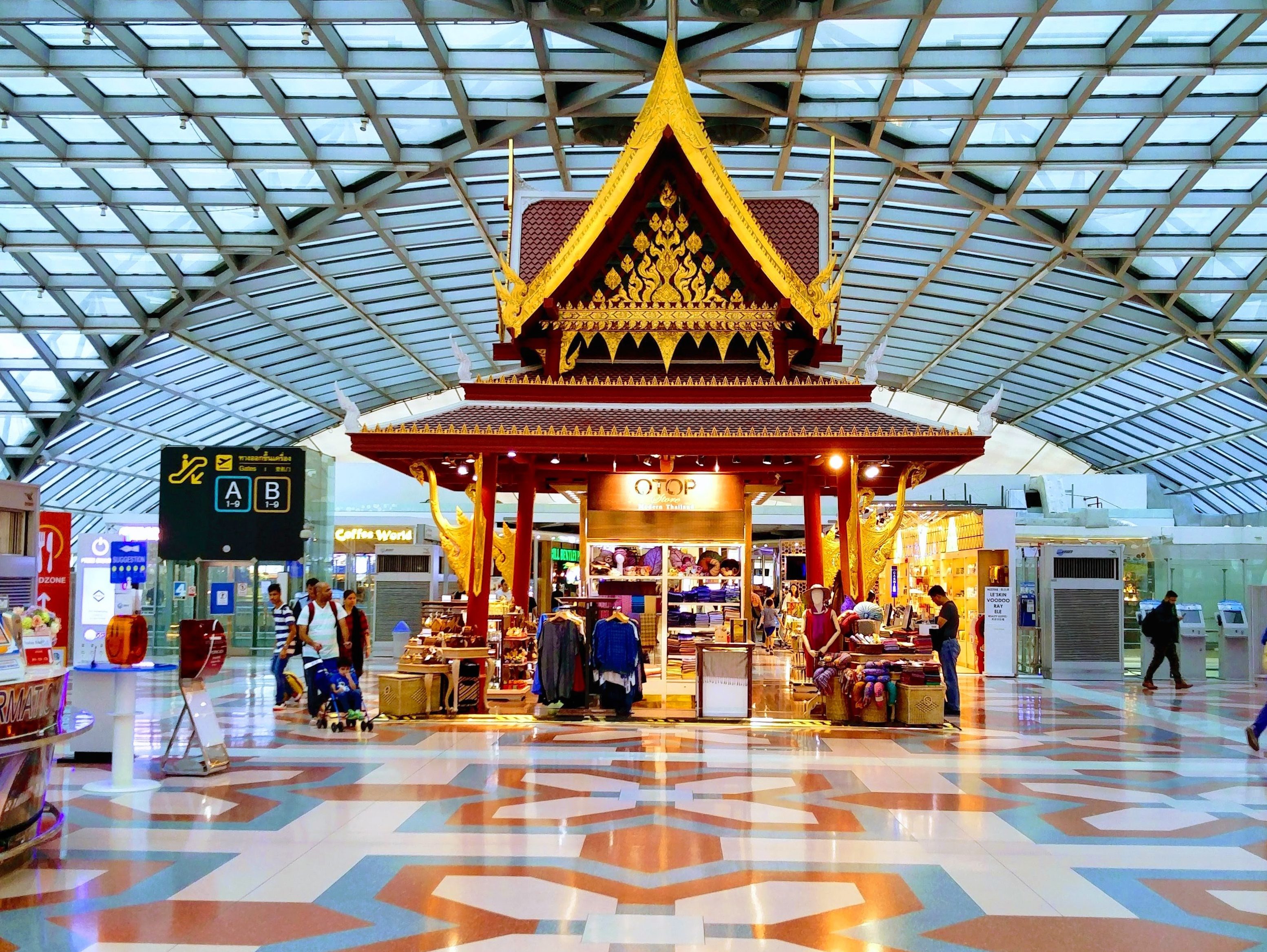
Upon hearing this, a few questions instantly came to mind.
There seem to be quite a few factors that play into the differing cost of vaccines. Pharmaceutical companies often play a big part in determining this cost, and will essentially set price structures from country to country, differing based on what they think people and insurance companies will pay for. On top of this base cost, clinics administering the vaccines may add an additional charge themselves - like pharmaceutical companies, they too are a business trying to make a profit. You may also find that some vaccines are subsidized by the government in certain countries, but not in others - I found this to be the case with anti-malarial medication in New Zealand.
According to the Thai Travel Clinic at Mahidol University in Bangkok, many of the vaccines that western countries consider “travel vaccines” are included in Thailand’s routine vaccinations - including Hepatitis B and Japanese Encephalitis. Due to this there is a larger supply and availability of the vaccines at a cheaper price that the public can afford, making Thailand a good choice for those who can’t otherwise afford these vaccines in their own countries.
As the WHO notes, Substandard and Falsified (SF) medical products are a legitimate issue that affects ALL parts of the world - not just low income countries (read what the WHO has to say about it here). So when it comes to getting any medication or vaccine, you should always go through a reputable source no matter what country you are in. When it comes to reputable sources in Thailand, the Thai Red Cross and the Thai Travel Clinic in Bangkok are recommended (click below for details).
This clinic runs through the Hospital for Tropical Disease under the administration of the Faculty of Tropical Medicine at Mahidol University. They provide comprehensive services related to travel and tropical medicine, from pre and post travel counseling, to malaria prevention, and even outpatient and inpatient medical services should you need it (since they link closely with the hospital). They are certified Yellow Fever vaccine administrators, and only use vaccines from reputable manufacturers (such as Sanofi Pasteur, GSK, and Crucell etc.) that have been approved by the FDA of Thailand.
Available vaccines and prices are listed on their website here.
Appointments can be made online through their booking system - a very useful feature!
Hours: Monday - Friday 0800 - 1500 (for walk-ins), 0800 - 1530 (appointment)
Sundays: Closed
Extended Service Hours: Monday and Tuesday: 1600 - 1900
Saturday: 0900 - 1200
*Note: extended service hours have been added due to high demand. These services are located on the second floor of the Hospital building. Appointments recommended, but walk-ins welcome.
Address: Thai Travel Clinic
Hospital for Tropical Diseases
Faculty of Tropical Medicine, Mahidol University
420/6 Rajvithi Rd, Rajthewi
Bangkok 10400, Thailand
Find detailed directions and maps on their website here.
Phone: 02-3069100 ext 3034 or 02-3069145 (Office hour on Mon-Fri)
02-3069199 (Extended service)
Fax: 02-3069145
Email: contact@thaitravelclinic.com
Facebook: https://www.facebook.com/thaitravelclinic
Website: https://www.thaitravelclinic.com/
This clinic is located inside of the Queen Saovabha Memorial Institute and run by the Red Cross. They work under guidelines and standards established by the WHO, CDC, and the International Society of Travel Medicine, and offer extensive travel health services including pre and post travel counseling, malaria counseling, vaccinations, and TB (PPD) testing. They are also certified Yellow Fever vaccine administrators.
A list of vaccines they offer can be found here. Prices are not listed, but from my experience are pretty comparable to those at the Thai Travel Clinic. No appointments are available online.
Hours: Monday - Friday: 0830 - 1630
Saturday & Public Holidays: 0830 - 1200
Sunday: Closed
Address:
Saovabha Immunization and Travel Clinic
1871 Rama 4 Road, Pathumwan, Bangkok 10330
You can find a map to the clinic here.
Phone: 02-2520161-4 Ext. 125, 132
Fax: 02-2540212
Email: info@saovabha.com
Website: http://www.saovabha.com
The Japanese Encephalitis Vaccine
It is worth noting with Japanese Encephalitis specifically, there are multiple vaccines available in different forms. This includes inactivated vaccines, live attenuated vaccines, and live recombinant vaccines. Different countries have approved and utilized different vaccines, so you may not always find the same ones abroad as in your home country. For instance, the live recombinant vaccine (licensed under the trade name IMOJEV) includes a genetically modified component and for this reason has not been approved in New Zealand. However it has been approved in Australia and some Asian countries, and was actually the version of the vaccine I received (with no side-effects).
You can compare the different Japanese Encephalitis vaccines on this information sheet provided by the WHO.
So with these questions answered, we decided to take the chance - we were going to get vaccinated in Bangkok!
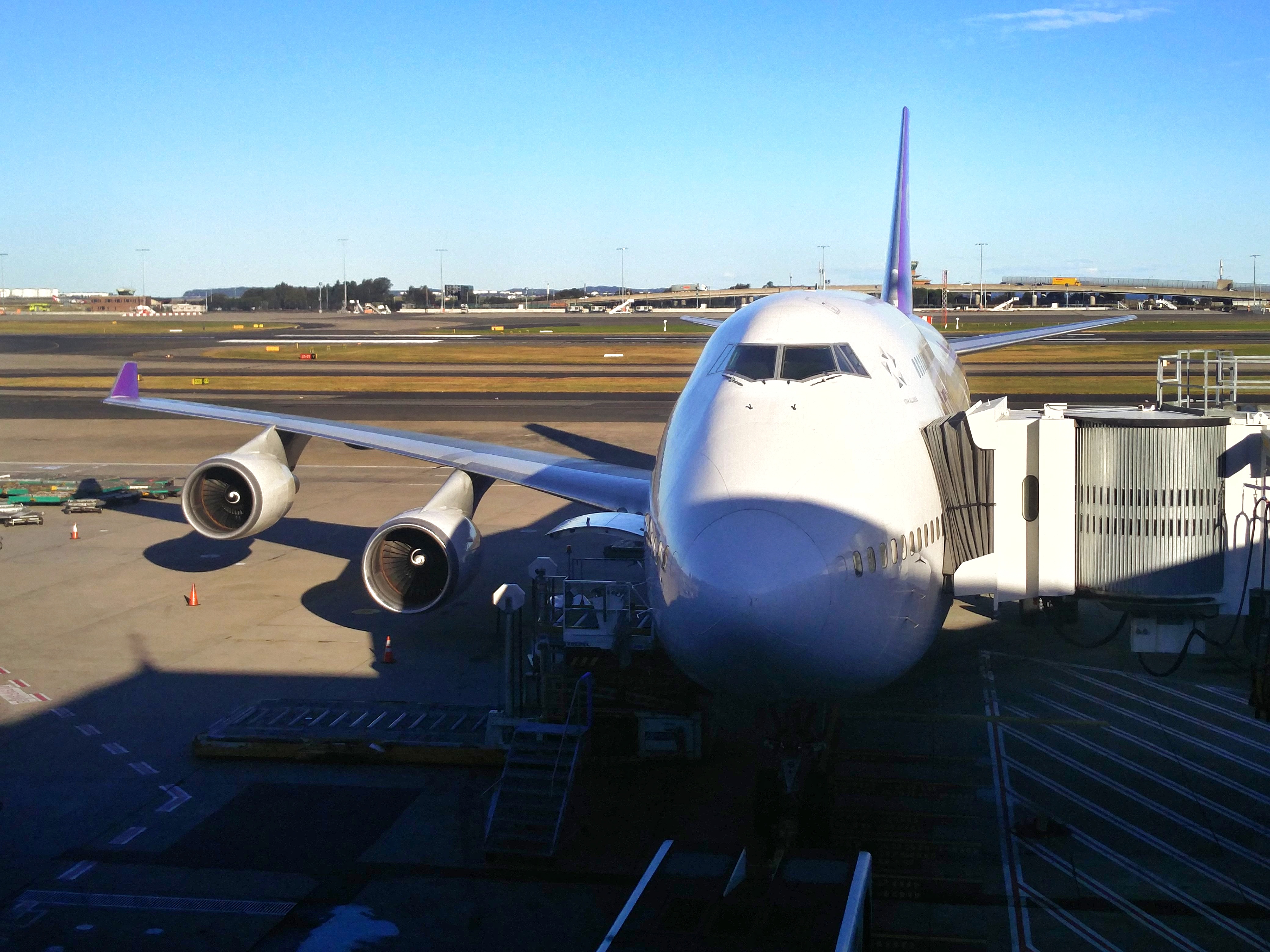
A couple months later it became real - we arrived, and with only 17 hours until our next flight, began navigating our way to the Thai Travel Clinic. To help speed up the process we decided to book an appointment online… but there weren’t any! As it turned out, we had arrived on Asahna Bucha Day, a national holiday in Thailand, which meant the clinic was closed!
After a few minutes of frantic panicking, I realized that the Thai Red Cross had hours on public holidays, and was indeed open (thank goodness!). Luckily, both the Thai Travel Clinic and the Thai Red Cross are within easy reach of public transport, and using the map provided on their website we were easily able to find the clinic.
Once there the process was pretty simple - take a number, wait to be called, get a quick set of vital signs taken, and meet with the doctor. After that, if no contraindications are found, you are given your vaccines. In about 30 minutes we were done - walking out the door with a sore arm and boarding a plane to Indonesia, a thousand dollars richer than we otherwise would have been!
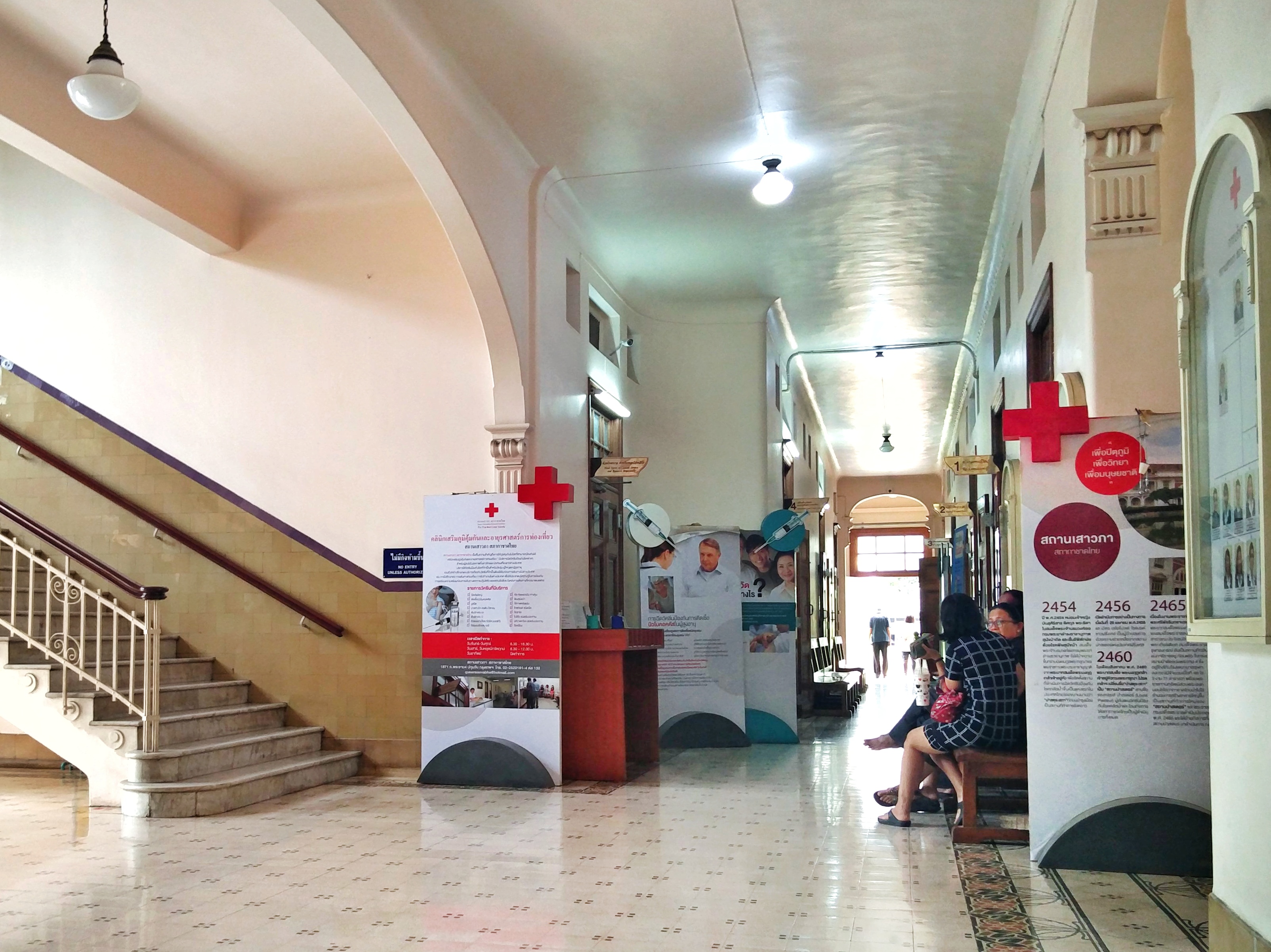
It was a whirlwind of a layover, but our experience at the Thai Red Cross was excellent and I would definitely recommend it if the cost of vaccines is an issue for you. The facility was clean, the staff professional, and the vaccines well packaged (and from what I could tell, stored well). Some of the reception staff spoke minimal English, but the nurses and doctors in particular spoke plenty. While we only got the Japanese Encephalitis vaccine at the clinic, they do offer quite a range of other vaccines at affordable prices as well as many other travel health services.
HOWEVER, before you rush to Bangkok to get all your vaccines, there are some very valid reasons why you should get vaccinated prior to travelling, and I do NOT recommend that you get all of your vaccinations abroad. Mainly, many vaccines require time before they are effective and some even require multiple doses spread out over a period of time. The last thing you want to do is end up in another country without proper protection and health coverage!
As a general rule, it is always best to get your vaccinations in your home country, ideally with your primary care physician. This way you are being treated by someone who knows you and your medical history. Should you have any adverse reactions, you can receive proper treatment in a place where you are more than likely insured, and you won’t have to deal with a foreign healthcare system.
That being said, I believe that everyone should have access to healthcare and for budget travellers, financial barriers can be very real! Evaluate what you can afford and work with your local doctors to get what coverage you can. For vaccines outside of this, consider getting them in Bangkok!
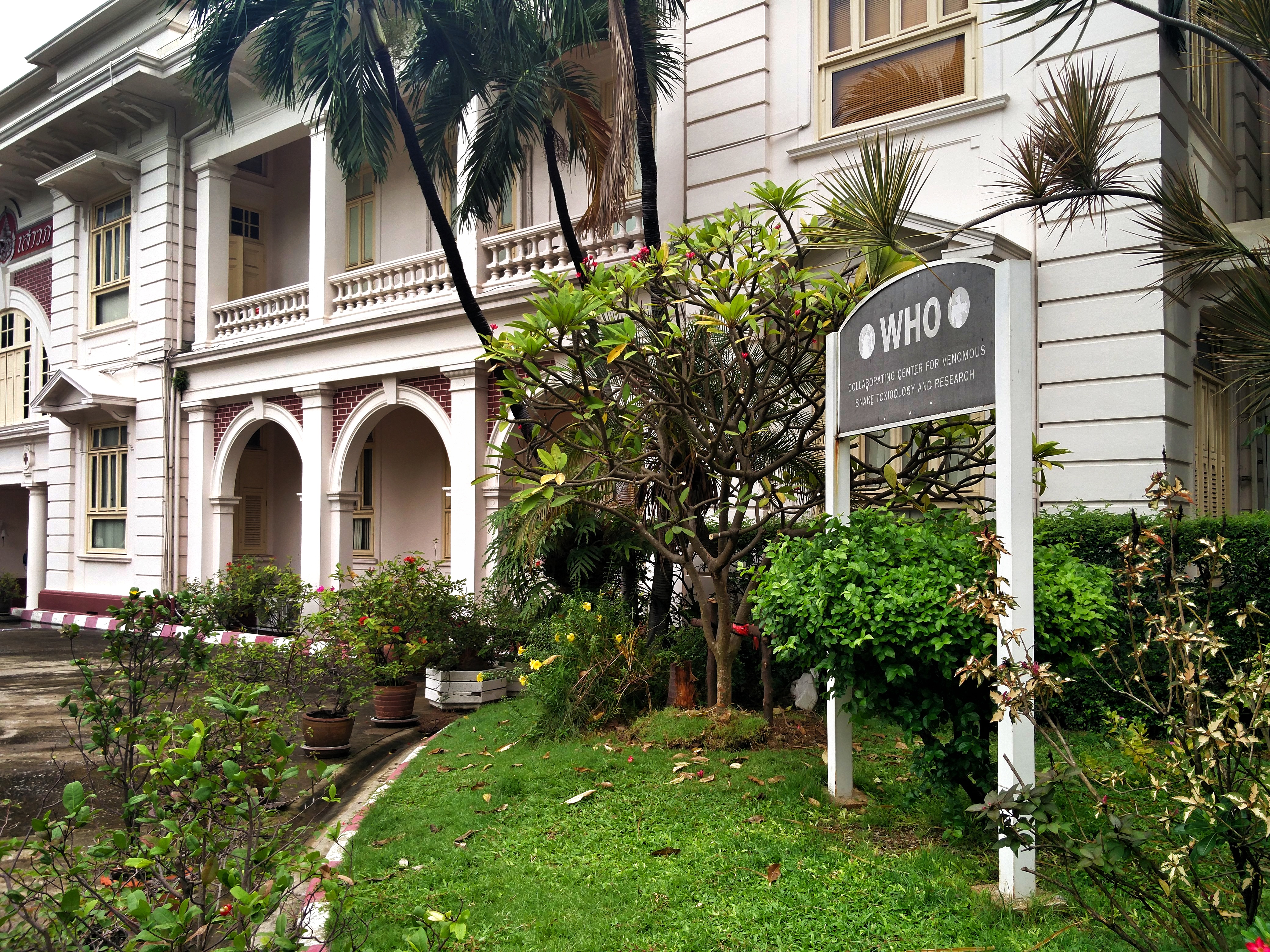
If you have some spare time, check out the attached snake farm at the Thai Red Cross (yes, you read that right). The facility houses many venomous snakes from around Thailand, and plays a large role in anti-venom production and research.
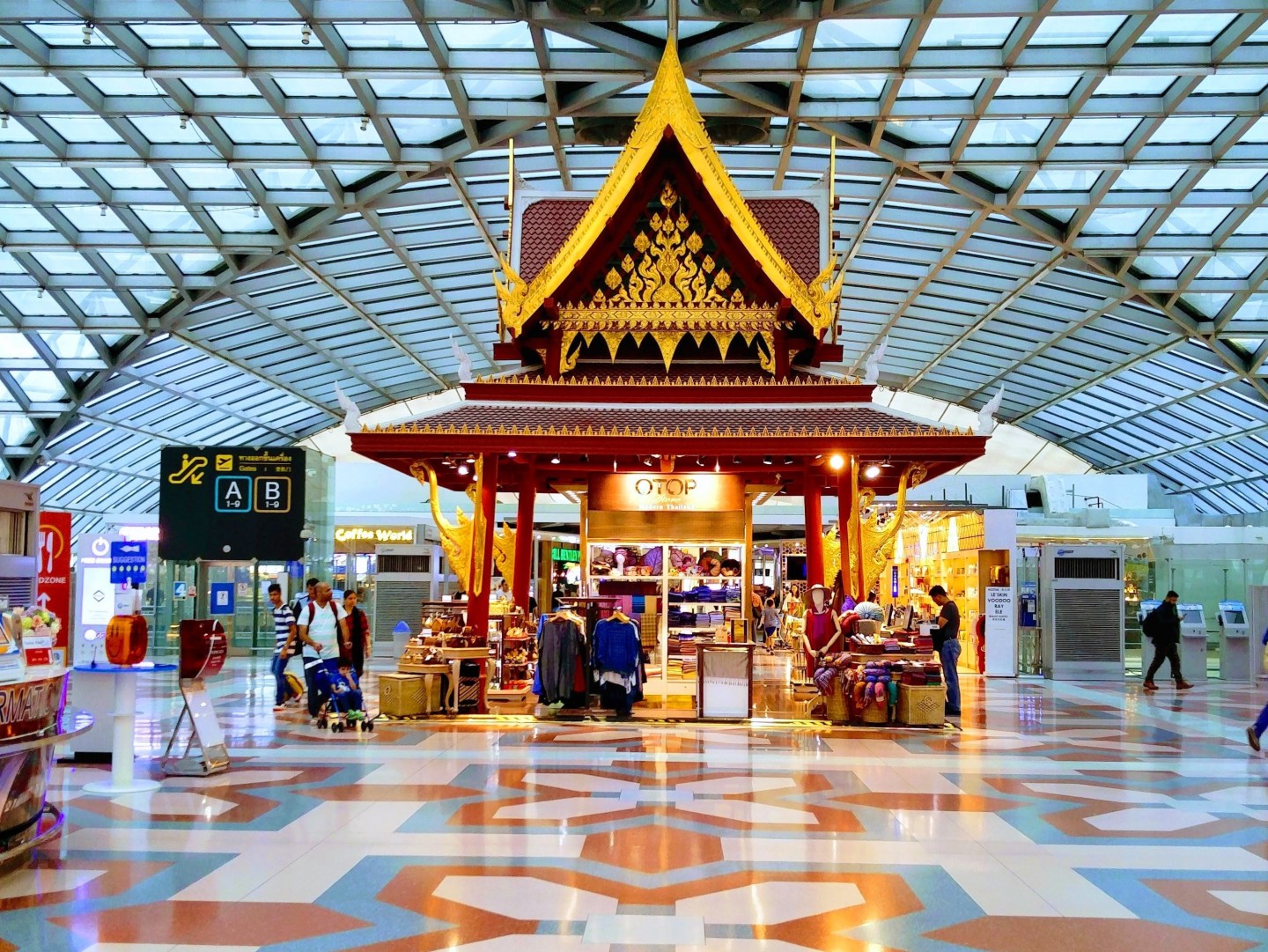

Recent Comments